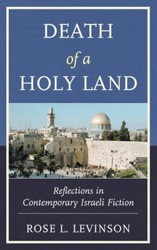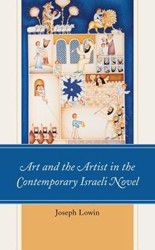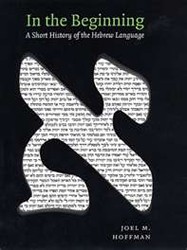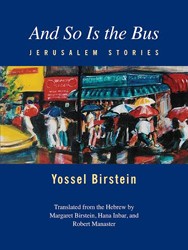This tightly-woven series of essays is designed to expose the attitudes of various Israeli fiction writers on the issues of “language, ideology, memory, cultural and national identity.” Domb addresses each concept individually and ultimately concludes that imaginative literatures, collective identity, and the struggle for Jewish identity are inextricably linked.
Imaginative literatures written in Hebrew, Domb argues, reflect the limitations of the language as well as a conflict of ideologies. The writers about whom she speaks are, in her words, “preoccupied” by questions of their identity as Israelis. Still, the culture, the religion, the common language, and the historical experiences, Domb contends, “give rise to shared (Jewish) memories.”
In her essay entitled “The Poetics of Unsaying,” for instance, Domb considers Appelfeld’s works “life writing,” as he seeks post-Holocaust language to explain the unexplainable. In “Crossing Borders,” Domb insists that A.B. Yehoshua’s novels illustrate his desire to blend cultures and encourage co-existence. In “The Loneliness of the Wanderers,” Domb examines the works of Sami Michael, an Oriental Jew, whose novels expose the identity crises of Arab Jews living in Israel.
Beyond the issues in which Domb grounds her essays, the comparisons in this collection are precisely drawn and easy to follow.





